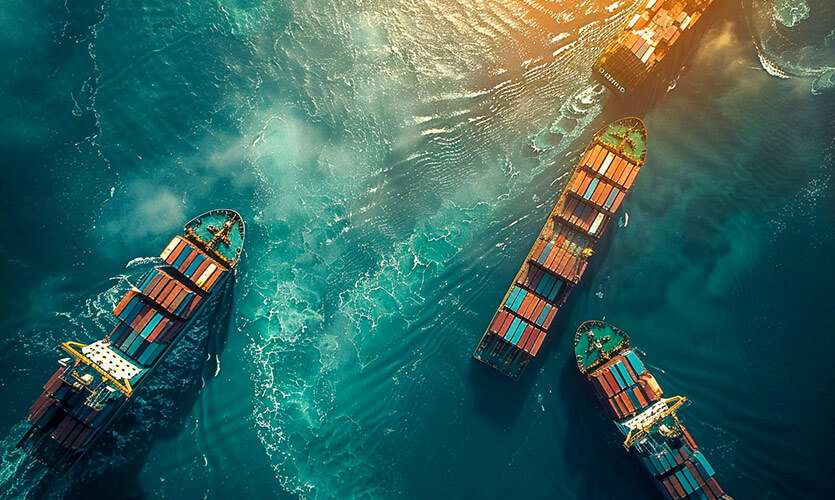
Safe Ocean Transport

Fast Personal Delivery: Revolutionizing Convenience
Safe ocean transport is a fundamental component of global trade, enabling the efficient movement of goods across vast distances. As the backbone of international commerce, it involves the transportation of a wide variety of cargo, including raw materials, finished products, and perishable goods. The safety of these operations is paramount, as it not only protects the cargo but also ensures the well-being of crew members and the marine environment. To achieve this, the shipping industry adheres to a set of stringent regulations and best practices designed to mitigate risks associated with maritime transport.
One of the key aspects of safe ocean transport is regulatory compliance. The International Maritime Organization (IMO) sets forth guidelines and standards that govern shipping operations worldwide. These regulations cover various areas, including vessel construction, crew training, and environmental protection. By adhering to these standards, shipping companies can ensure that their operations are safe and environmentally responsible. Compliance also helps to build trust with customers and stakeholders, as it demonstrates a commitment to safety and sustainability.
Vessel safety is equally important in ensuring safe ocean transport. Modern shipping vessels are equipped with advanced safety technologies, including navigation systems, communication tools, and emergency response equipment. Regular maintenance and inspections are essential to keep these vessels in optimal condition and to prevent accidents at sea. Furthermore, the crew plays a vital role in maintaining safety on board. Comprehensive training programs ensure that crew members are well-prepared to handle emergencies, such as fires, flooding, or medical incidents, thereby reducing the likelihood of accidents and enhancing overall safety.
What types of cargo can your service handle?
Our local track transport service is equipped to manage a diverse range of cargo types, ensuring that we meet the unique needs of various industries.
What Are the typical stages of a logistic project?
The typical stages of a logistics project include project initiation, where needs are assessed and stakeholders are engaged; planning, which involves defining the scope, allocating resources, and budgeting; design, where the logistics network and processes are mapped out; implementation, during which plans are executed and staff are trained; monitoring and control, focusing on tracking performance and resolving issues; evaluation, where project success is reviewed and feedback is collected; and finally, closure, which involves finalizing activities, documenting results, and celebrating the team's efforts. Each stage is crucial for ensuring efficient logistics operations and achieving project goals.
Is my technology allowed on tech?
To determine if your technology is allowed on a specific platform, you should consult the platform's terms of service and usage policies. These documents typically outline any restrictions or requirements for technology integration. Additionally, consider checking for compatibility with the platform's existing systems and ensuring compliance with relevant security and regulatory standards. If you have any uncertainties, contacting the platform's support team can provide further guidance.
Can you assist with customs clearance procedures?
Yes, We can assist with customs clearance procedures by providing guidance on the necessary documentation, such as commercial invoices, packing lists, and import/export permits. It's important to ensure that all paperwork is accurate and complete to avoid delays. Additionally, I can help you understand the applicable tariffs, duties, and regulations for your specific goods, as well as advise on best practices for compliance with customs authorities. If needed, I can also recommend resources or professionals who specialize in customs brokerage.
